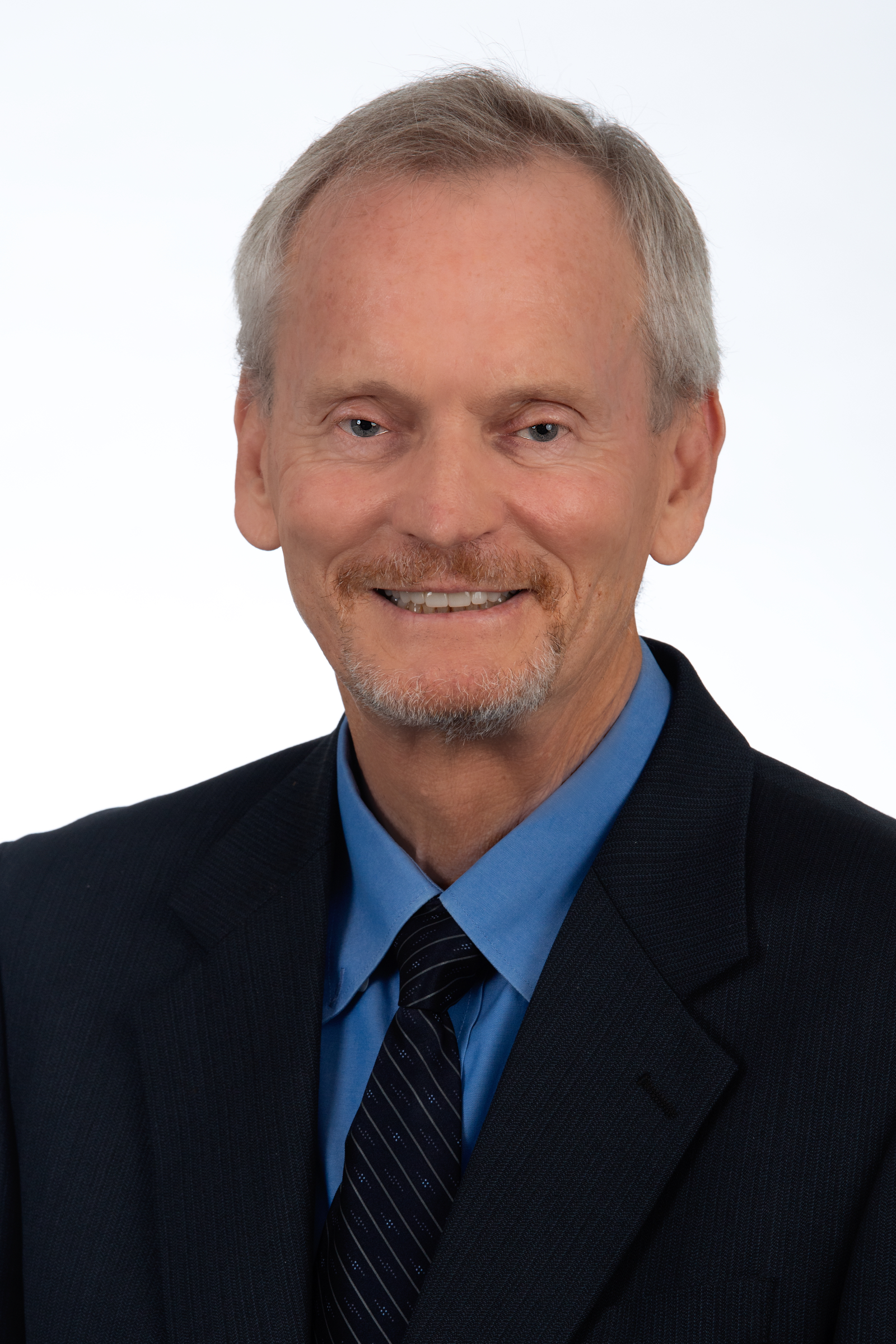Professor of Urban Planning and Public Policy (+) Warmington Chair in Peace and International Cooperation
Ph.D. University of North Carolina, AICP
(949) 824-7696
bollens@uci.edu
226B Social Ecology 1
Department:
Urban Planning and Public Policy
Specializations:
politically divided cities, nationalistic/ethnic conflict and urbanism, urban and intergovernmental growth policy, impact of artificial intelligence
Prof. Bollens studies ethnicity and urban policy, international politically polarized cities, development strategies, and regional and intergovernmental approaches to planning. Here are questions that guide my research and teaching: (1) what is the role and influence of urban planning and policy amidst deep inter-group conflict, (2) can bottom-up urbanism contribute to top-down peacemaking and efforts to democratize a multinational society, (3) what is the relationship between how governance is structured in metropolitan areas and the equality/inequality of opportunity across individuals and localities?
Peacebuilding Conference, Dresden Germany 2018
Over the past 25 years, Bollens has interviewed over 360 urban professionals and community advocates in Jerusalem, Belfast, Johannesburg, Nicosia (Cyprus), Sarajevo and Mostar (Bosnia), Barcelona and Basque cities (Spain), and Beirut about the role of urban policy and city building amidst nationalistic ethnic conflict and political transitions.
His most recent book is Bordered Cities and Divided Societies: Humanistic Essays of Conflict, Violence, and Healing. Previous books are: Trajectories of Conflict and Peace: Jerusalem and Belfast Since 1994 (2018, Routledge Press). Recent books include City and Soul in Divided Societies (2012, Routledge Press), Cities, Nationalism, and Democratization (2007, Routledge), On Narrow Ground (2000, State University of New York Press) and Urban Peace-Building in Divided Societies (1999, Westview Press).
Trajectories of Conflict and Peace (2018)
Creating peace for a city’s intimate enemies is harder than making war.
This book is about the trajectories of urban conflict and peace in the politically polarized cities of Jerusalem and Belfast since 1994 – how sometimes there has been hopeful change while at other times debilitating stasis and regression. Based on extensive research, fieldwork, and interviews, Scott Bollens shows how seeking peace in these cities is shaped by the interaction of city-based actors and national elites, and that it is not just a political process, but a social and spatial one that takes place problematically over an extended period. He intertwines academic precision with ethnography and personal narrative to illuminate the complex political and emotional kaleidoscopes of these polarized cities. With hostility and competition among groups defined by ethnic, religious, and nationalistic identity on the increase across the world, this timely investigation contributes to our understanding of today’s fractured cities and nations.
Bordered City, Bounded Mind presentation October 2019
Jerusalem Examined. Bollens hour-long radio interview: KUCI radio, January 2, 2018
Prof. Bollens has written five books, more than 35 journal articles and book chapters in leading venues over the past 25 years, and has presented at numerous public forums in the U.S. and throughout the world. He has consulted, given invited presentations, and done commissioned work for the following in the field of peace and international cooperation:
Rand Corporation/ U.S. Department of State (ethnic enclaves in post-war Baghdad)
GIZ Afghanistan (German NGO), Country Risk Management Office, Kabul (urban conflict analysis)
United States Embassy, Vienna
United Nations Development Programme, Bi-Communal Development Programme
Office of the United Nations Special Coordinator on the Middle East Peace Process, East Jerusalem
London School of Economics and Political Science, Crisis States Research Centre
Canada Department of Foreign Affairs and International Trade
Canadian Consortium on Human Security
German Federal Ministry for Economic Cooperation and Development
Comparative Urban Studies Project, Wilson International Center for Scholars
Rockefeller Foundation Bellagio Center
Centre for Citizenship, Social Pluralism, and Religious Diversity, Potsdam University, Germany
Sarajevo Canton Institute for Development Planning
Jerusalem Institute of Israel Studies
Palestinian International Peace and Cooperation Center
Swedish Institute and the Olof Palme International Center
Aula Barcelona (Fundacio CIDOB), Barcelona
Organization of Arab Architects (Lebanon)
American University of Beirut
Van Leer Institute, Jerusalem

